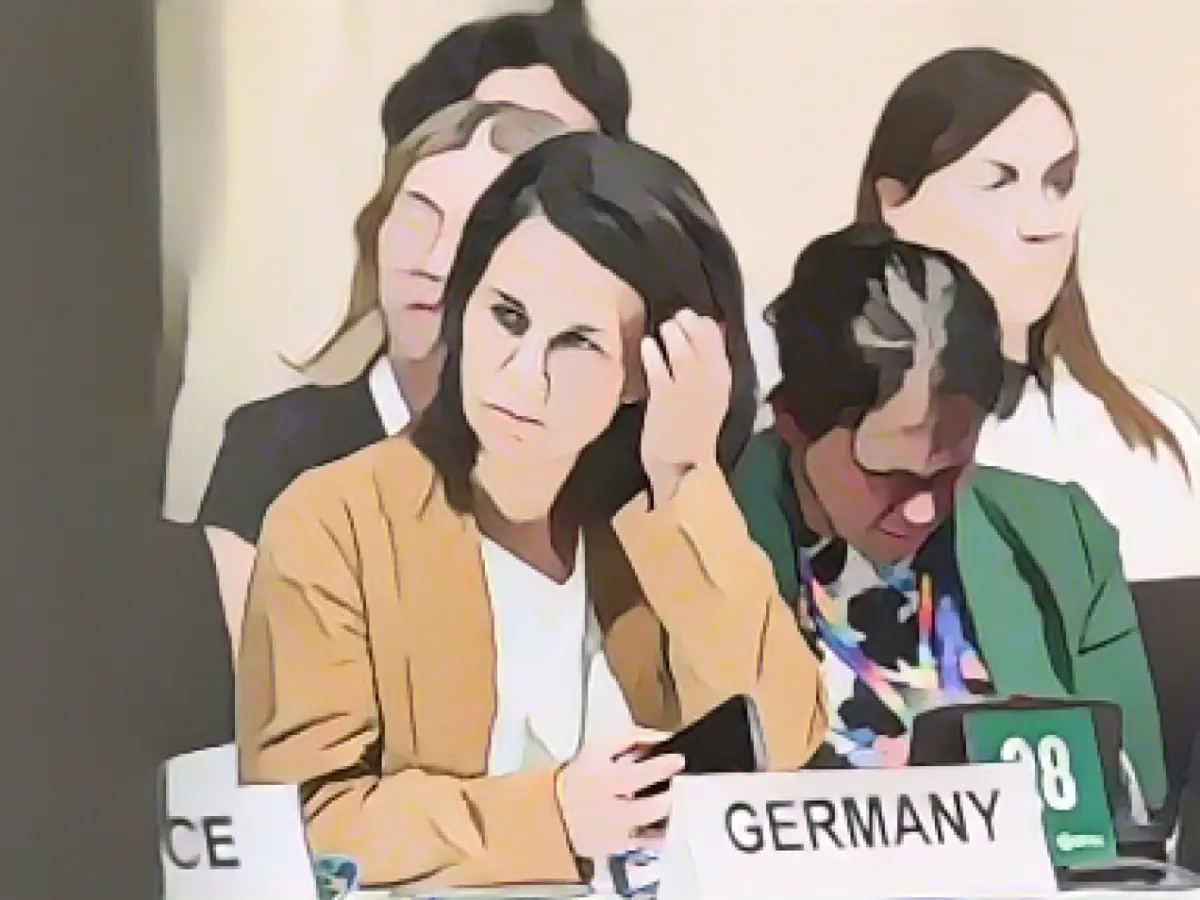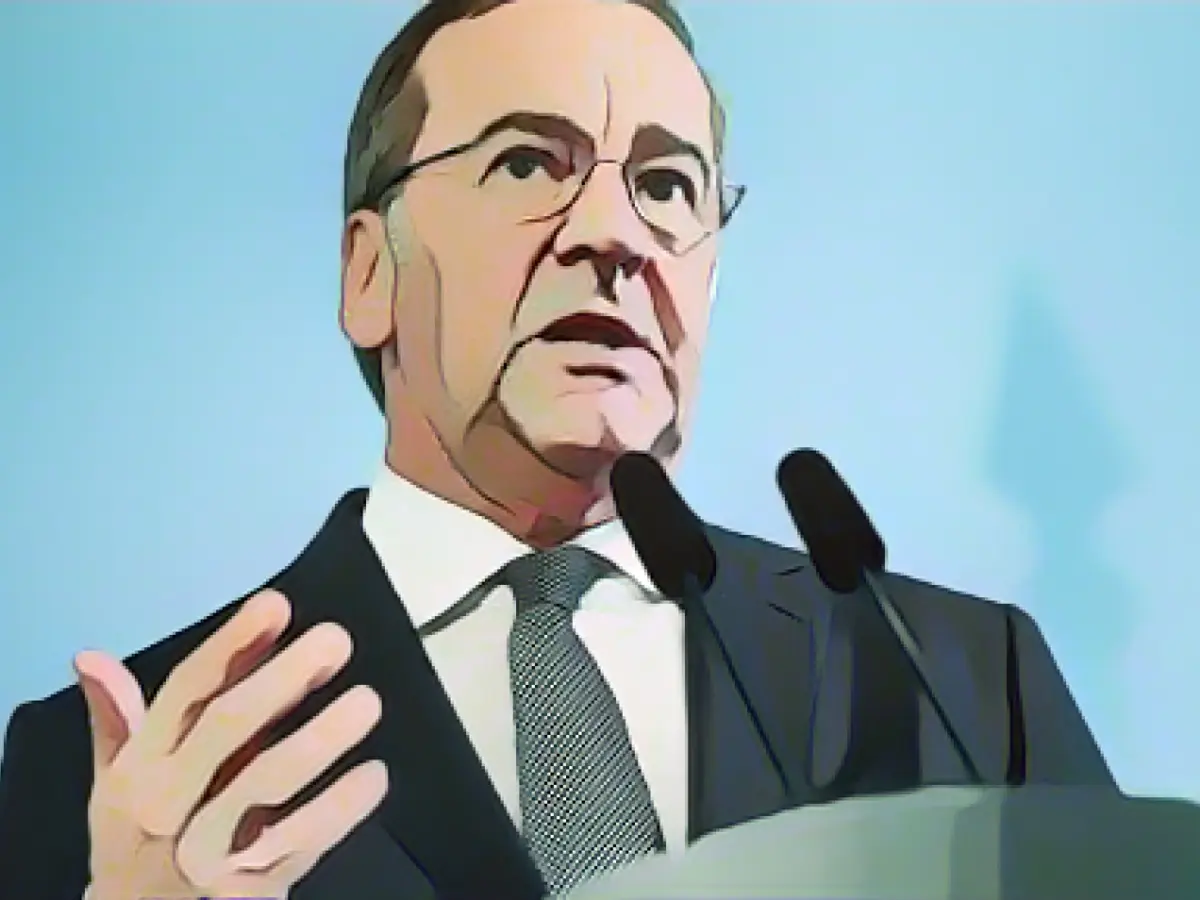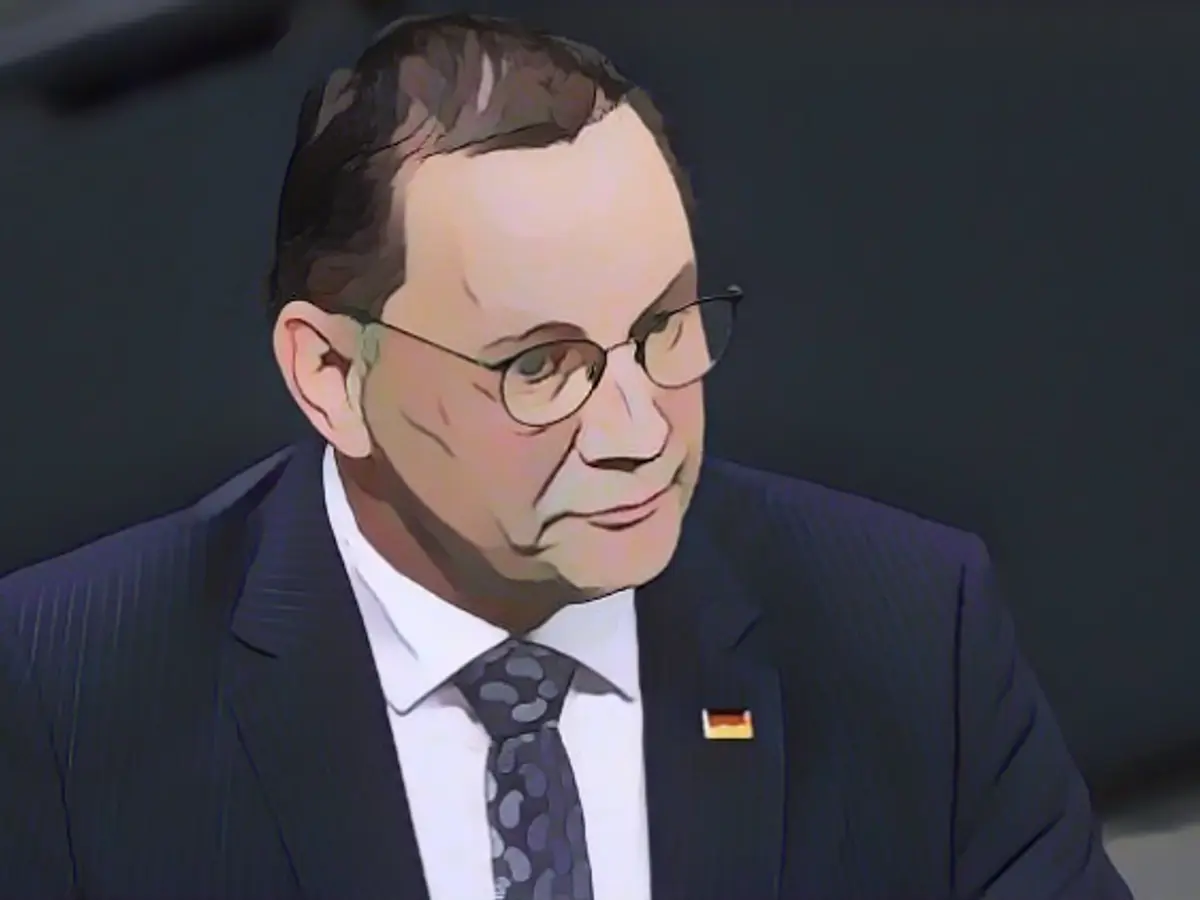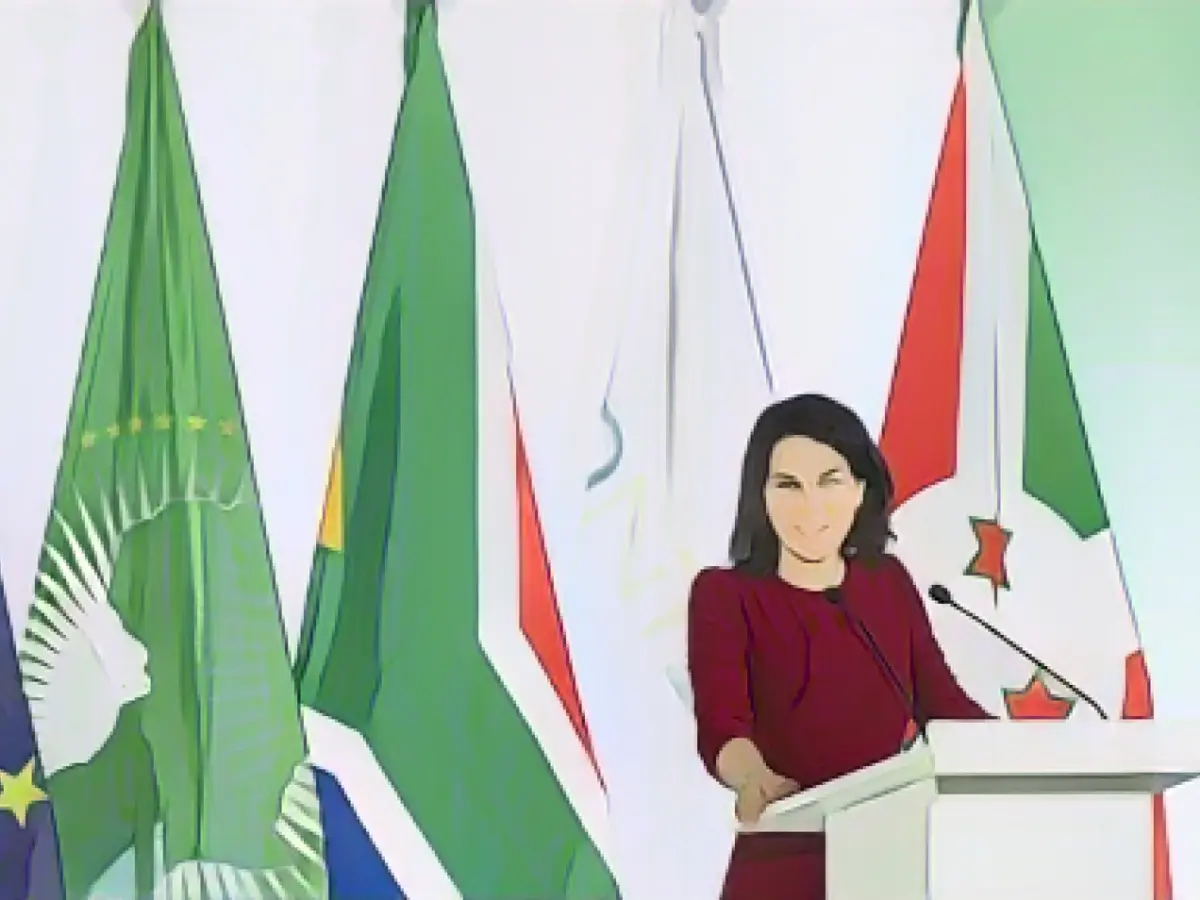Cop28's Hold-Up: Phasing Out Fossil Fuels under Scrutiny
The World Climate Conference is stirring up quite a controversy, prompting an extension in Dubai. This unfolded in response to a storm of protests over a draft text that had watered down demands for the phase-out of coal, oil, and gas from over 100 countries. This unexpected turn of events left many critics, including German Foreign Minister Annalena Baerbock and environmental associations, voicing concern and warnings of impending failure.
The German government, along with the EU and dozens of other nations, is rallying for a more ambitious rewording. Their call comes in response to concerns from oil-rich countries like Saudi Arabia and others, who have expressed uncertainty about the proposed phase-out of fossil fuels.
Foreign Minister Baerbock took to Instagram to voice her frustration. She highlighted the strong, cross-continental alliance in favor of phasing out fossil fuels among nations such as Norway and Colombia, as well as island states consisting of Palau, Marshall Islands, and Fiji. These vulnerable countries are acutely affected by the rising sea levels and are especially passionate about limiting their reliance on coal, oil, and gas.
The Purpose of Climate Conferences and Survival Stakes
Baerbock also addressed the purpose of the major climate conferences, which have been happening since 1995. She emphasized the importance of these conferences and the people who are "negotiating for their literal survival."
The Dubai conference began on November 30, but its conclusion, scheduled for 11 a.m. according to conference president Sultan al-Jaber of the United Arab Emirates, was not without its issues.
Criticism of the Draft Final Text
Al-Jaber, who is also the head of the state oil company, has faced criticism for his proposed draft text. Former US Vice President Al Gore labeled it an "obsequious draft" that seemed to have been dictated by the oil cartel OPEC, while activist Luisa Neubauer and other German Fridays for Future supporters warned of failure and urged the end of the fossil fuel era.
Oxfam drew attention to the current, fatal consequences of the climate crisis six months after historic droughts in East Africa. This devastation has inundated large areas of arable land in Kenya, Ethiopia, and Somalia, damaging harvests and resulting in the urgent need for humanitarian aid for over four million people.
Conference Leadership Pressure
Director-General Al-Suwaidi acknowledged the criticism, emphasizing that their goal was to stimulate talks and collect feedback on the draft text. He confirmed that most of the criticism was indeed expected and that they intended to revise the text to address the concerns, particularly in regards to fossil fuels.
The environmental organization WWF urged clear stipulations for the phase-out of coal, oil, and gas, as well as an end to subsidies for fossil fuels. They also insisted on the enshrining of the goal of reducing methane emissions by 30% by 2030, which has already been voluntarily pledged by numerous countries.
Voices of Support and Anticipation
Foreign Minister Baerbock expressed confidence in the European delegation's support for an extension of the conference if necessary, citing their readiness to stay a little longer. Ugandan climate justice activist Vanessa Nakate also emphasized the urgent need to rework the text and called for the dismantling of the power of the oil and gas industry over the COP process.
As the COP28 conference continues its fight against climate change and its ensuing crises, a new draft text is expected to be announced in the evening. The conference aims to be an active platform for dialogue, with key countries working together to ensure a safe, sustainable future for all.
Enrichment Data Integration: - At the COP28 conference in Dubai, protestors and critics from various nations demanded a strong stance on phasing out fossil fuels. - The UAE Presidency is working on the UAE Framework for Global Climate Resilience, aiming to halve direct emissions from the oil and gas industry and reduce energy purchases emissions by 2030. - The Global pledge on Renewables and Energy efficiency was introduced at the conference, which includes commitments from countries like the EU, US, and others to triple renewable energy capacity and double energy efficiency by 2030. - The GGA Framework was adopted at COP28, which includes seven thematic and four dimensional targets aimed at boosting adaptive capacity, enhancing resilience, and reducing vulnerability to climate change. - India has refrained from signing the Global pledge on Renewables and Energy efficiency, as they continue to rely heavily on coal for energy security. - The Rights of Nature Tribunal brought attention to the urgent need to phase out fossil fuels to avoid catastrophic climate change while upholding the rights of Nature and Nature Defenders.








